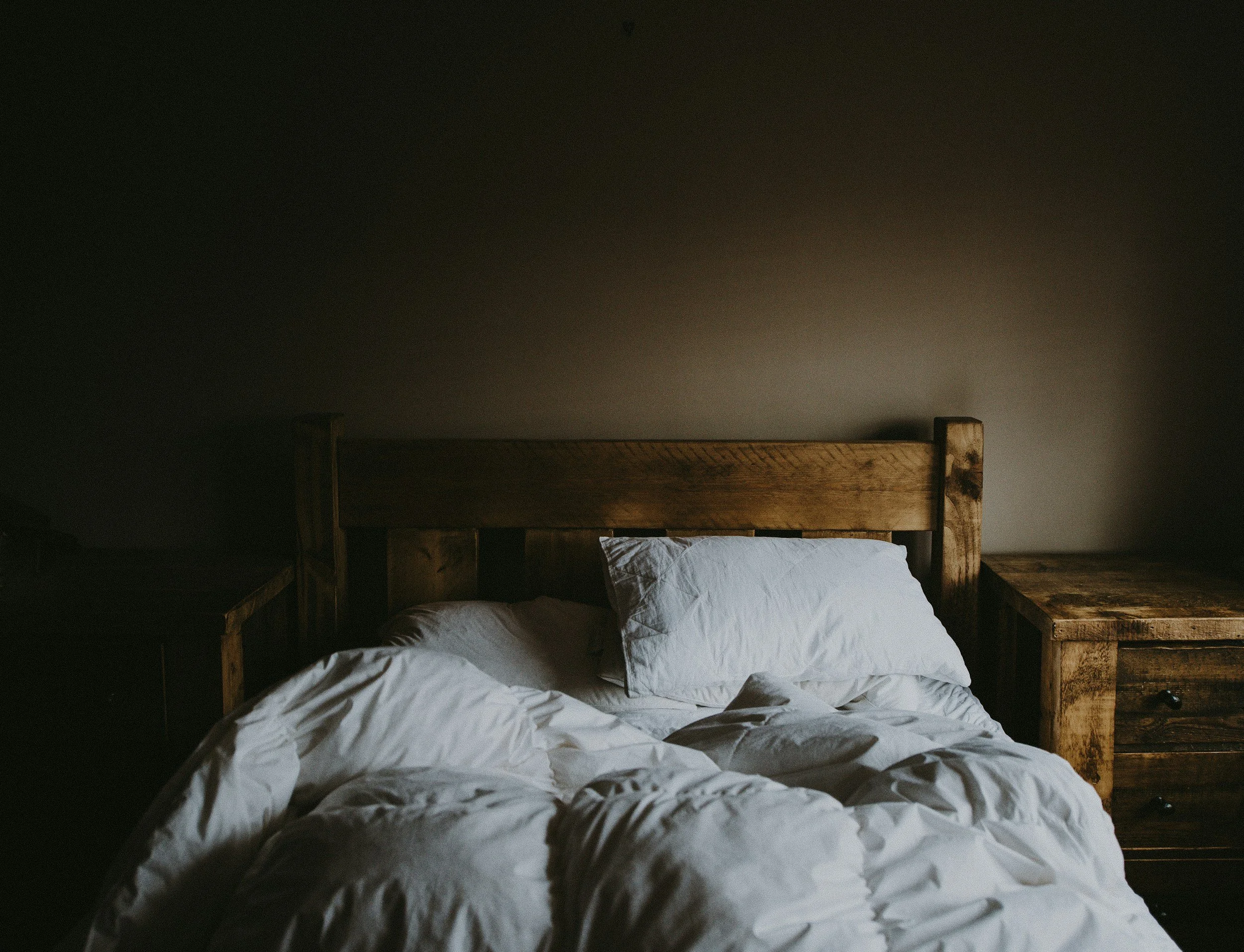Sleep? Never Heard of Her: Why Teens Are Exhausted and Anxious
Let’s be honest — sleep is the first thing to go when life gets busy. You’ve got school, sports, jobs, group chats, TikTok, Snap streaks, and maybe a parent yelling about cleaning your room. Somewhere in there, you’re supposed to “rest.” Right. The only real “me time” comes at 1 a.m., when you’re tucked under the covers and whispering sweet nothings to your For You Page. That’s not self-care; that’s what TikTok has dubbed revenge bedtime procrastination — staying up late on purpose because you feel like the rest of your day doesn’t belong to you.
Here’s the problem: your brain doesn’t care that you “needed the time.” It just knows you’re skipping the thing it literally requires to function. According to the CDC, more than 70% of teens don’t get enough sleep on school nights (CDC, 2023). That’s not just “a lot of kids.” That’s basically everybody. And the fallout? Less sleep is linked to higher rates of anxiety, depression, and even suicidal thoughts (Shochat et al., 2014; Beattie et al., 2015). Translation: the 2 a.m. scroll is not just making you tired, it’s messing with your mental health.
I know, I know — “but I can handle it.” Sure. Until you can’t. Sleep is when your brain does its cleanup shift. It stores memories, regulates emotions, and clears out mental junk. Skip it, and it’s like living in a house where the trash never gets taken out. At first you ignore the smell. Then one day you realize you can’t breathe.
And let’s be real about how this plays out: you stay up late for some “relaxation,” but instead of chilling, you doomscroll. The blue light from your phone tricks your brain into thinking it’s daytime. You fall asleep later, sleep worse, and wake up groggy. Then you drag yourself through school with caffeine and sarcasm as your personality traits, only to do the whole thing again the next night. Researchers call this a “cycle of impaired sleep and impaired mood” (Lo et al., 2016). I call it a dumpster fire.
Here’s the kicker: the Surgeon General reported that teens spending over three hours a day on social media are twice as likely to report poor mental health (HHS, 2023). And we all know a chunk of those hours are happening after midnight. So when you wake up feeling like you’ve been hit by a truck, it’s not because you’re weak. It’s because your brain is literally begging for rest.
Now, I’m not going to pretend the solution is simple, like “just go to bed earlier.” If that worked, you wouldn’t be here reading this. But small changes actually do help. Putting your phone out of reach at night sounds dumb until you realize how much harder it is to scroll when you have to physically get out of bed. Reading, journaling, or even lying there staring at the ceiling is better for your nervous system than another hour of videos. And can we stop glamorizing exhaustion? Being constantly tired isn’t proof you’re working hard; it’s proof you’re running on empty.
The truth is, teens aren’t “lazy” — you’re chronically sleep-deprived. And it’s not because you don’t care; it’s because the world doesn’t give you much room to rest. But sleep isn’t optional. It’s the foundation of your mood, your focus, and your ability to survive high school without completely losing it.
So the next time you tell yourself “just one more scroll,” remember this: you can’t doomscroll your way to peace. Put the phone down. Let your brain do its thing. Your future self will thank you — preferably after a solid eight hours.
References
Beattie, L. et al. (2015). Sleep quality and adolescent mental health. Journal of Youth and Adolescence.
Shochat, T. et al. (2014). Sleep patterns, screen time, and emotional functioning in adolescents. Sleep Medicine Reviews.
Centers for Disease Control and Prevention (2023). Teen sleep and health data.
Lo, J. C. et al. (2016). Cognitive performance, mood, and adolescent sleep. Sleep.
U.S. Surgeon General (2023). Social Media and Youth Mental Health Advisory.

